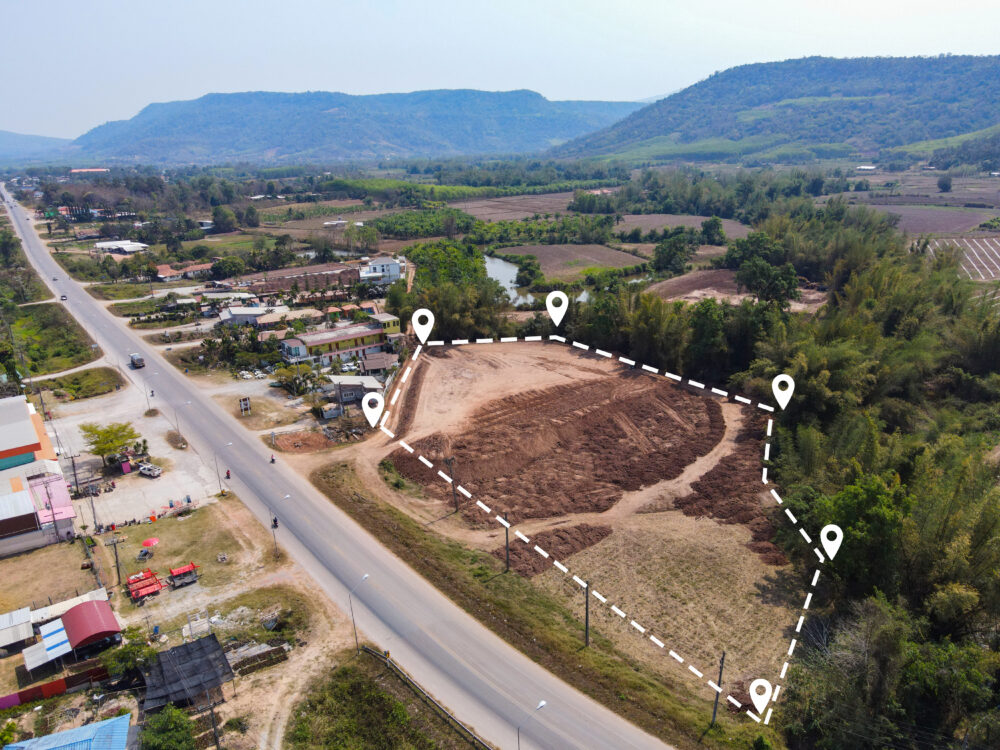Vietnam has become an attractive destination for foreign investors thanks to its favorable business environment, investment incentives, and competitive production costs. However, not all investment projects achieve the expected success. Some foreign-invested enterprises (FDIs) may need to make the decision to terminate their investment projects in Vietnam.
The termination of an investment project is not merely an internal decision of the enterprise but a complex legal process that requires compliance with various regulations on investment, taxation, labor, land, and environmental issues.
This article analyzes the legal aspects of the Legal Procedures for Terminating an Investment Project, helping FDIs smoothly complete the project closure while mitigating legal risks and protecting investors’ rights.
1. Submitting the Decision to Terminate the Investment Project
The investor must submit a notice of project termination to the investment registration authority within 15 days from the date of the decision, accompanied by the Investment Registration Certificate (IRC).
Note: Upon project termination, the investment registration authority will strictly review the investor’s obligations, including:
- Status of capital contribution and fundraising.
- Construction progress and operational implementation (if applicable).
- Compliance with investment objectives.
- Taxes, fees, and land rental payments already made.
- Outstanding taxes, fees, and land rental payments (if any).
- Other financial obligations to relevant parties (if any), including employee salaries and third-party payments.
Failure to fully comply with these legal obligations may delay the project termination process and expose the enterprise to legal risks, including administrative penalties. Common investment-related violations include failure to contribute capital or raise funds as registered in the IRC, delays in construction, or failure to commence operations on schedule.
Recommendation: Before terminating an investment project, FDIs should thoroughly review all registered obligations, ensure compliance with necessary procedures, and anticipate potential fines to avoid unnecessary risks.
2. Liquidation of Assets and Financial Obligations with Third Parties
- Conduct an inventory and liquidate fixed assets, inventory, and machinery.
- Settle outstanding loans and active contracts with partners.
- Complete tax finalization, pay outstanding tax liabilities, and close the tax code.
3. Labor Obligations
- Notify employees of contract termination.
- Settle salaries, severance pay, and social insurance contributions.
- Notify labor management authorities.
4. Land-Related Matters
- Terminate land lease agreements and return leased land to the state or industrial zone authorities.
- Pay infrastructure usage fees (if applicable).
5. Fulfilling Financial Obligations with Government Agencies
- Submit a report on the finalization of imported materials, raw materials, and exported goods to the customs authority and settle any outstanding financial obligations.
- Complete the payment of social insurance, health insurance, unemployment insurance, and occupational accident and disease insurance. Finalize social insurance records for employees and coordinate with the social insurance agency to process unemployment and social security benefits (if applicable).
- Finalize tax obligations, pay outstanding taxes, and complete tax deregistration.
6. Completing the Enterprise Dissolution Process (if the company ceases operations entirely)
- Submit the dissolution decision to the Business Registration Office.
- Submit a dissolution notice after completing tax deregistration with the tax authority.
7. Repatriation of Profits (if applicable)
- Foreign investors are allowed to repatriate profits after completing investment activities in Vietnam, provided they have fulfilled all financial obligations to the Vietnamese government, submitted audited financial statements, and completed corporate income tax finalization with the tax authority in compliance with the Law on Tax Administration.
- However, FDIs should consult their commercial bank where the investment capital account is maintained to ensure compliance with internal banking regulations on profit repatriation.
Before approving the termination of an investment project and the dissolution of an enterprise, investment authorities and relevant state agencies will rigorously review the FDI’s compliance with legal obligations. Therefore, to ensure a smooth, legally compliant termination process and avoid unnecessary legal risks, FDIs should proactively seek legal counsel or professional advisory services. This will help ensure transparency and efficiency throughout the entire process.
See more:
1/ The conditions for foreign investors to be issued investment registration certificate
2/ Outbound investment activities of foreign-invested enterprises in Vietnam
Disclaimers:
This article is for general information purposes only and is not intended to provide any legal advice for any particular case. The legal provisions referenced in the content are in effect at the time of publication but may have expired at the time you read the content. We therefore advise that you always consult a professional consultant before applying any content.
For issues related to the content or intellectual property rights of the article, please email cs@apolatlegal.vn.
Apolat Legal is a law firm in Vietnam with experience and capacity to provide consulting services related to Business and Investment and contact our team of lawyers in Vietnam via email info@apolatlegal.com.





































